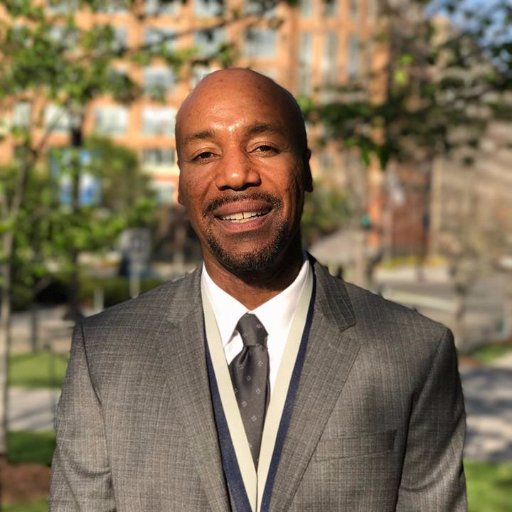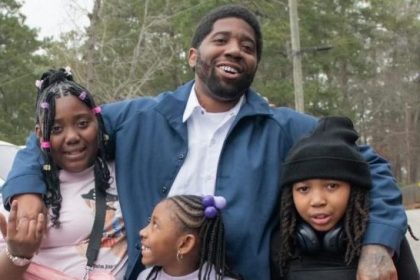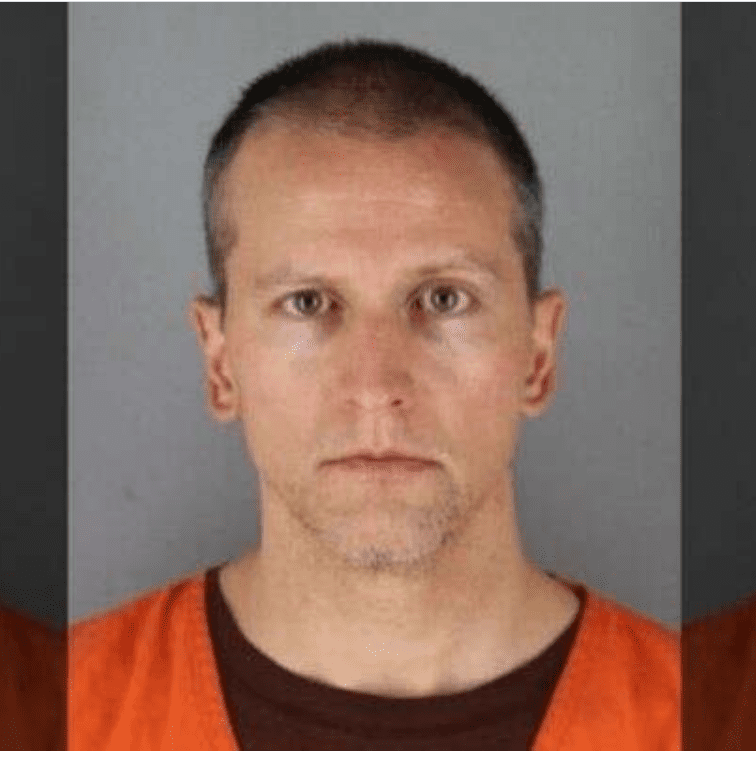
The American criminal justice system is often seen as a living, breathing monstrosity that devours people of color.
The Guardian conducted a startling, provocative interview with Paul Butler, a criminal prosecutor who just released his second book, Chokehold: Policing Black Men, which is described as “a renegade prosecutor’s radical thoughts on how to disrupt the system.”
In the book, Butler articulates his perspectives from both sides of the system and how things can go very wrong and how it made a “Black man” out of him.
Here are a few excerpts from the interview:
The Guardian: Your prior experience as a criminal prosecutor in Washington DC informs much of your critique of the criminal justice system in the book, and yet you write that you once enjoyed the process of sending other Black men to jail. How did you reconcile that on the job?
“I had a number of unpleasant experiences with the police as a black kid growing up in Chicago and I was the last person my friends from law school thought would be a prosecutor. But I heard that prosecutors had all this power and so I went to try to change the system from the inside. But I was overwhelmed with the workplace culture, so rather than change the system, the system changed me. I became a hardcore prosecutor in part because the incentives in the prosecutor’s office are to lock people up for as long as you can.
Lawyers are competitive and ambitious, and the way that manifests itself in a prosecutor’s office is you want to get tough sentences. I got caught up in that world. You feel like you’re doing the Lord’s work — you tell yourselves that you’re helping the community
Butler describes several experiences that helped him change his perspective:
I remember a trial I had in the 1990s where the defendant basically had no defense. He was found with drugs and said he simply didn’t know how they had got in his pocket. The majority-Black jury found him not guilty. After the verdict, I went running after them to find out why. None would talk to me except for the lone White woman, and she said: “We knew he was guilty, but he was just so young.”
Right there I was forced to reconcile this enormous respect that I gained for the jurors of the District of Columbia with this reality that in some cases they were saying not guilty when they knew otherwise.
You never saw this in cases of violent crime, or even large-scale drug selling, but in drug possession and in low-level sales it was commonplace. And it made me start to think: maybe what they’re doing is right, keeping nonviolent kids out of prison.”
The most poignant part of the article was Butler describing how he ended up on the other side of the courtroom at one point and how it was his real wake-up call:
“Later that decade, I myself was arrested and went to trial over false allegations of [a] misdemeanor assault. A neighbor of mine accused me of pushing her during an argument about a parking space. I was taken to a courthouse with around 150 other Black men that day. I thought: ‘Oh my God, what if the judge recognizes me?’ But I don’t even think she looked at me. I was just another anonymous, African American man on the lockup list that day.
During the trial, I experienced for myself a lot of things that defendants I’d prosecuted said were evidence of how unfair the system was: police lied, witnesses who knew what happened didn’t come forward. Now I was forced to confront them myself.
But things were dealt well for me at the trial because I could afford the best lawyer in the city, had legal skills and social standing, and because I was innocent.
The jury took less than 10 minutes to acquit me. But the experience made a man out of me. It made a Black man out of me.”










